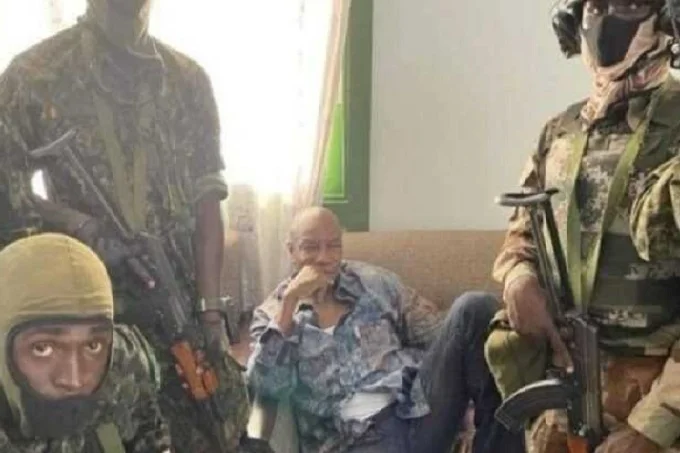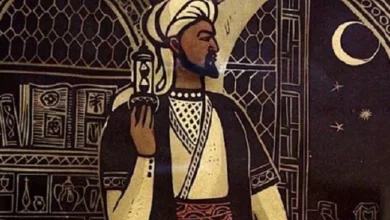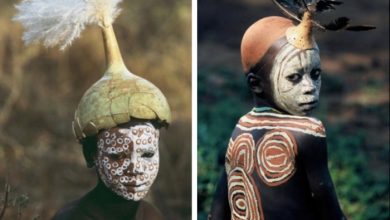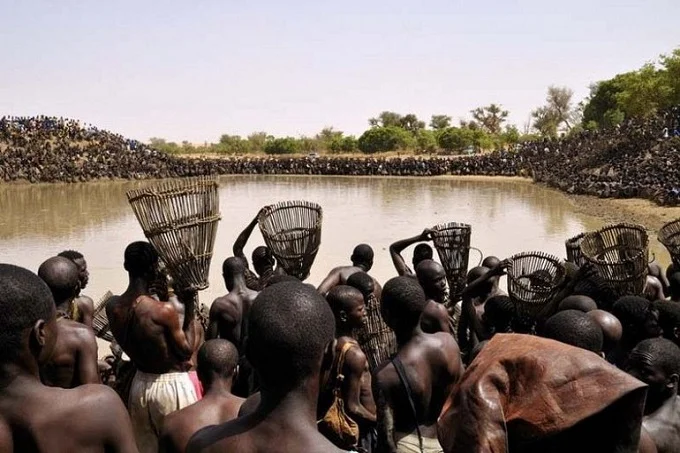Why do the populations in West Africa celebrate coup d’état?

Coups d’état are on the rise throughout West Africa, and they all have one thing in common: they are universally embraced by a considerable portion of the people of the nations where they are carried out.
With the shortening of Roch Marc Christian Kaboré’s term, West Africa has recently seen its fourth coup d’état in less than two years, after the toppling of the late IBK by Colonel Assimi Gota and his soldiers in August 2020. All of these coups have one thing in common: they are universally applauded by a considerable portion of the population of the nations in which they took place, since they were carried out in response to the populace’s demands for the head of the state’s departure.
The case of Mali
On August 18, 2020, the military intervention in Mali looked to be in reaction to massive rallies that had agitated the country for months, demanding IBK’s resignation. It was unsurprising to see Malians ecstatic following the coup and carrying the coup leaders in victory. Even better, the military continues to have wide public support some months later, despite Colonel Assimi Gota’s second coup against the transitional administration put in place under duress from ECOWAS and the international community on May 24, 2021.
Even better, the recriminations of regional institutions, particularly ECOWAS, and the international community, which have resulted in all-out sanctions against Mali, have resulted in increased popular support for the military, which still has the wind in its sails, not only in Mali but in many other African countries.
Coup in Guinea
Former President Alpha Conde was deposed by a junta headed by Colonel Mamady Doumbouya, then leader of the Groupement des forces spéciales, an elite unit of the Guinean army specialized in counter-terrorism, on September 5, 2021, three months before the first anniversary of his third term in office.
There were displays of public rejoicing around the nation as well. And rightfully so! Guineans had paid the ultimate price a few months before to prevent President Conde from seeking re-election to a third term. Nothing, however, worked.
The administration had no qualms about breaking the popular uprising and forcing its way in. Worse, Guineans did not do well in the initial months of the third term. In these circumstances, the September 5 coup is regarded as a release from the control of a president who has become an authoritarian during the course of his presidency.
Burkina Faso as an example
Burkina Faso is the most recent example, with Roch Marc Christian Kabore being deposed on Monday. People did not disguise their delight here, either. They gathered in the Place de la Nation on Tuesday at the request of the “Sauvons le Burkina” campaign.
“We had to hold everything up because we were being followed. So, what exactly do you want us to do? We will battle for our children (…) Yes, I tell you, I am overjoyed because I do not believe this is a coup. I’m referring to a sense of emancipation,” Anas Drabo, the movement’s organizer, said. President Kaboré’s legitimacy has been questioned by a large number of his fellow people for many weeks.
The Inata tragedy was the last straw for individuals enraged by their government’s apathy or ineffectiveness in the face of the terrorist danger that continues to haunt the nation on a daily basis. Massive protests were organized around the country on November 27, 2021, calling for the president’s resignation. Lieutenant Colonel Mohamed Emmanuel Zoungrana, commander of the 12th infantry commando regiment and head of the western sector of the northern security forces group, was arrested on January 11 by the military prosecutor’s office in Ouagadougou.
Message to the rest of the African leaders
The resurgence of coups d’état in West Africa, as well as the widespread support they have received since 2020, should give other sub-regional rulers concern. This sends a strong message to them that, in this area of the continent, it is becoming more difficult to control the deaf and dumb in the face of the people they are meant to serve as leaders.
Heads of state seem to lose sight of the reality that they are citizens entrusted with the country’s fate by other citizens. They become vulnerable when they lose the backing of their constituency, the people. In this state of vulnerability, they risk losing the army’s backing. The unthinkable may occur at that point.
As a result, Africa is about to enter a new age. Far from celebrating coups, one would have to be deafening, in the latest events, a signal sent to all the leaders of the continent and those of its western region in particular.





Nice